A metal stamper is a flexible tool with a wide range of cutting and shaping capabilities. It is possible to accomplish numerous cutting and forming operations on the workpiece with a single tooling stroke. In a single stroke, multiple components can be processed simultaneously. Metal stampers are simple to automate and regulate, which helps metal fabricators by boosting output, cutting labor costs, and enhancing the components’ precision, repeatability, and quality. They can swiftly and effectively make parts with complex designs using precision tooling. Read More…
We are the metal stampings experts. We have over 30 years of experience creating customized solutions for our customers in a wide variety of industries. We are fully 9001:2008 certified, and we bring that high quality commitment to everything we do.
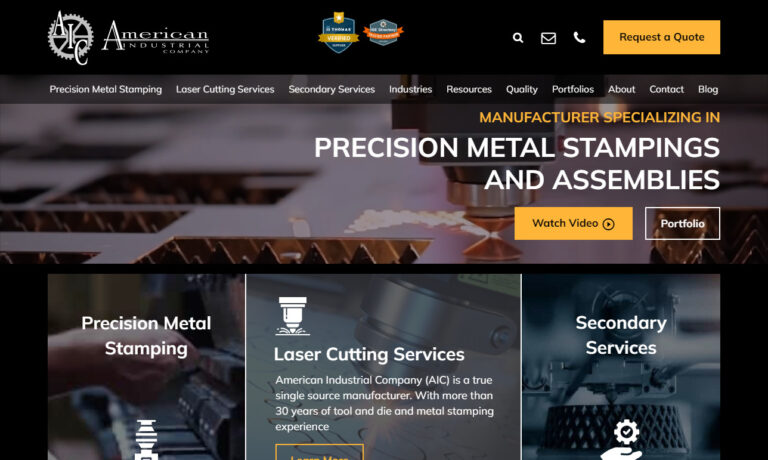
Manufacturer of precision metal stampings for the automotive, electronics, electrical, medical, industrial & consumer markets.
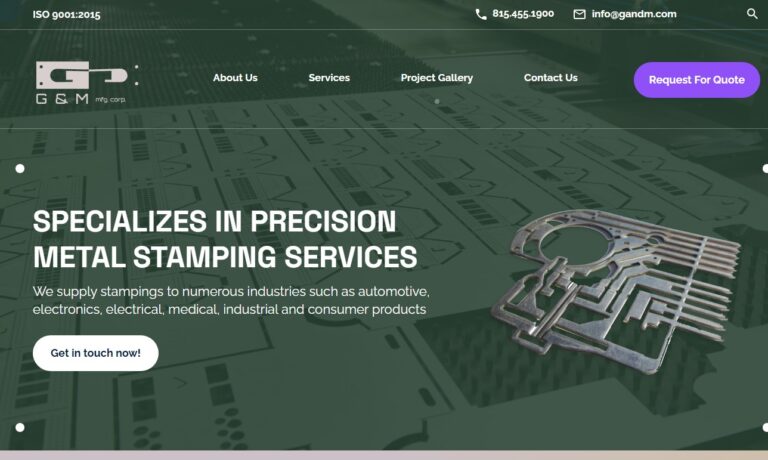
Quality Stamping & Tube Corp has been a leader in the aluminum extrusions and metal stamping industries for over 40 years. We attribute our success to our in-house die-making capabilities and wide range of extruded parts. All of our products are manufactured with quick turnaround and made to be high quality and durable. Our metal stampings can be up to 1/4 inch thick with various metals,...
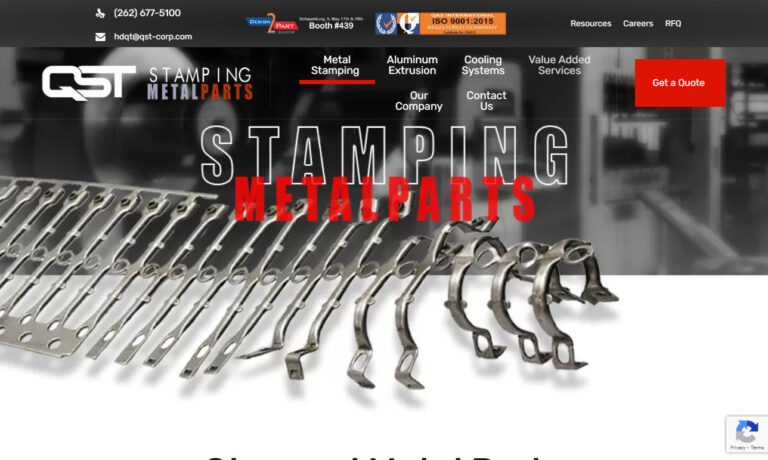
CSS is a leading international manufacturer of precision springs and metal shaped components. We have been a strategic supplier of progressive stampings, fineblanked stampings, machined stampings, springs and assemblies for 86 years. CSS serves OEMs in a wide variety of industries including medical, aerospace, defense/firearms, automotive, electronics and consumer products.

At Acorn Stamping, we specialize in precision metal stamping that meets the highest standards of accuracy, repeatability, and performance. With decades of experience and a deep understanding of material behavior, we deliver stamped components that serve a wide range of industries, including automotive, electronics, and industrial manufacturing.

More Metal Stamper Companies
Types of Metal Stamping
Fourslide Stamping
Four slides are used simultaneously to shape the workpiece in a fourslide, or multi-slide, an operation that involves horizontal alignment and four different slides. Even the most complicated parts can be developed using this process' intricate cuts and complex bends. Compared to typical press stamping, fourslide metal stamping has numerous benefits, making it the best option for many uses. Several of these benefits include:
- Flexibility for more complicated parts
- Greater latitude for design modifications
A fourslide, as the name suggests, has four slides, allowing for the simultaneous use of up to four separate tools, one for each slide. Each shaft with a tool attached to it quickly bends the material fed into a fourslide.

Progressive Die Stamping
Progressive die stamping has several stations, each with a different purpose. First, a progressive stamping press is used to feed strip metal. In the die press, where each station of the tool then executes a different cut, punch, or bend, the strip steadily unrolls from a coil. Each station that comes after it builds on the work done by the ones before it, creating a finished portion.

Deep Draw Stamping
Deep drawing forces a metal sheet into a die and shapes it there. When the depth of the drawn part is greater than its diameter, the process is known as "deep drawing." This forming is an economical substitute for turning methods, which often demand more raw materials and is perfect for producing components that require numerous series of diameters. For example, deep draw stamping is used to produces the following things:
- Automotive components
- Aircraft parts
- Electronic relays
- Utensils and cookware

Short Run Stamping
The best option for prototypes or small projects is typically short-run metal stamping. Manufacturers bend, punch, or drill the part once the blank is made using a mix of special tooling parts and die inserts. Therefore, short runs might be more cost-efficient for many applications, especially those requiring quick turnaround, due to the lack of tooling costs despite the specialized forming procedures and reduced run size.
Types of Metal Stamping Processes
Depending on the shape they produce, the types of metal stamping operations vary from one another. This is done to produce complicated designs for various industries, including consumer products, aviation, electronics, telecommunications, automotive manufacturing, food and beverage, and many more. It's quite uncommon for a metal stamping job to use just one technique because each method produces a certain design on sheet metal.
The following are a few examples of metal stamping processes: piercing, coining, lancing, drawing, embossing, and blanking. Even though multiple processes may be used, they are always carried out in temperatures around room temperature with little to no use of heat. Different kinds of tooling dies, equipment, and other instruments are used in these cold-forming operations to provide the desired appearance. We discuss a few of these processes below.
Piercing
One of the most fundamental types of metal stamping is piercing. This technique involves securing sheet metal to a worktop. A hole is punched into the sheet metal with a machining tool, resulting in numerous little empty spaces. In contrast to other methods, the finished punched material is thrown away and won't be utilized again.
The punching motion must stay immediate during this kind of procedure. This promptness guarantees that the region around the whole formation won't distort in any way. To prevent dull areas that can damage the contour of the metal workpieces, piercing machines are often constructed of high-carbon steel and are kept in great condition.
Blanking
Blanking resembles piercing in appearance, but there is a significant difference: the punched component is not abandoned; rather, it is regarded as the final product. This process is typically done as the first stage of an entire metal stamping project by many metal stampers, who then use other methods, including piercing, bending, or coining.
Blanking is a process used to create little or medium-sized metals from huge metal sheets that have been cut off. Due to its simplicity while still having the ability to produce very precise metal cuts, this method is perfect for both low and high-volume production. But occasionally, the finished cut metal product may have burrs or sharp, undesired edges. Despite their widespread occurrence, they are often removed via vibratory finishing and manual deburring.
Drawing
Manufacturers frequently use the drawing procedure to describe metal stamping. Here, a machine holds two opposite ends of a metal sheet. There is a die with a specific form or cross-section below the metal sheet. The sheet metal is successfully deformed to match the die's cross-sections when pushed against the die by a punch, generating a strong impact force.
Deep drawing and shallow drawing are additional categories for drawing. Since the radius of the primary blank and the depth of the draw are equal, shallow drawing is so named. Meanwhile, deep drawing frequently produces things with a cup shape. Here, the depth created is much more than the radius of the primary blank.
Choosing the Proper Metal Stampers Manufacturer
To make sure you have the most positive outcome when purchasing Metal Stampers from a Metal Stampers Manufacturer, it is important to compare at least 4 or 5 Manufacturers using our list of Metal Stampers manufacturers. Each Metal Stampers Company has a business profile page that highlights their areas of experience and capabilities and a contact form to directly communicate with the manufacturer for more information or request a quote. Review each Metal Stampers business website using our patented website previewer to get an idea of what each business specializes in, and then use our simple RFQ form to contact multiple Metal Stampers companies with the same quote.


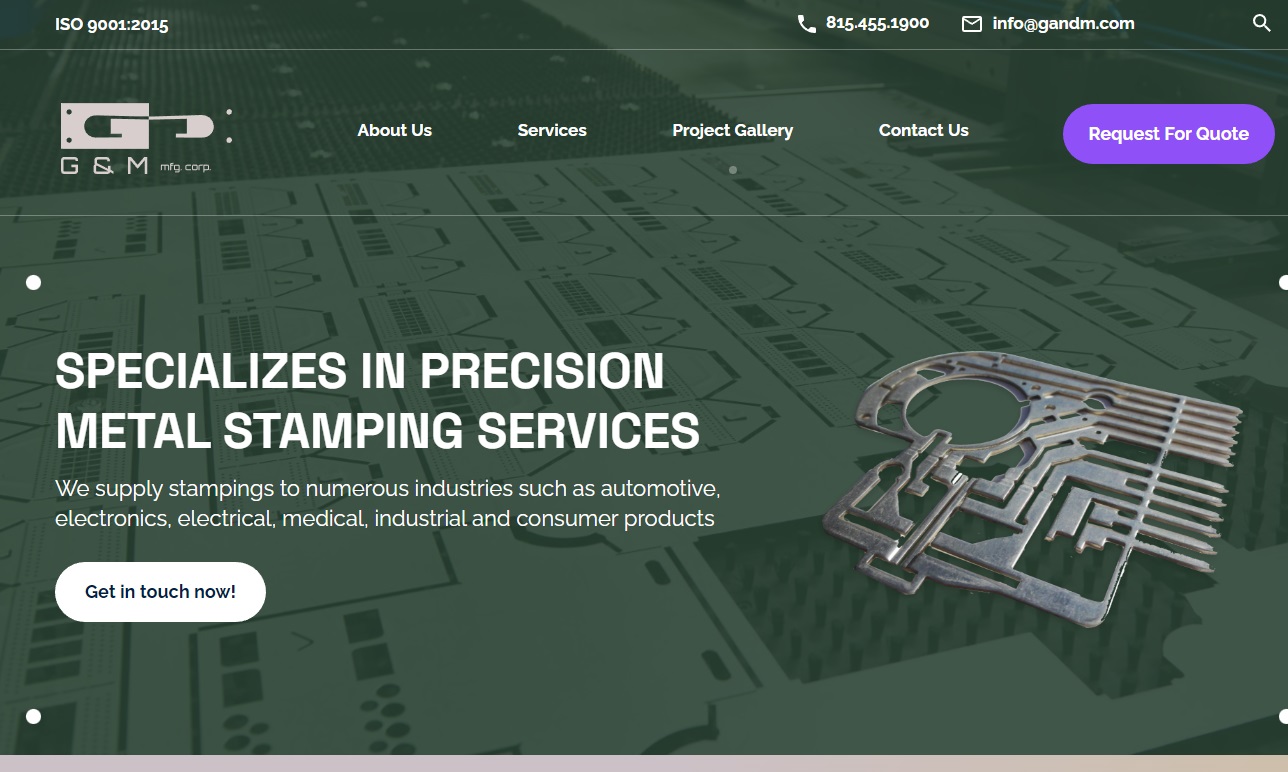

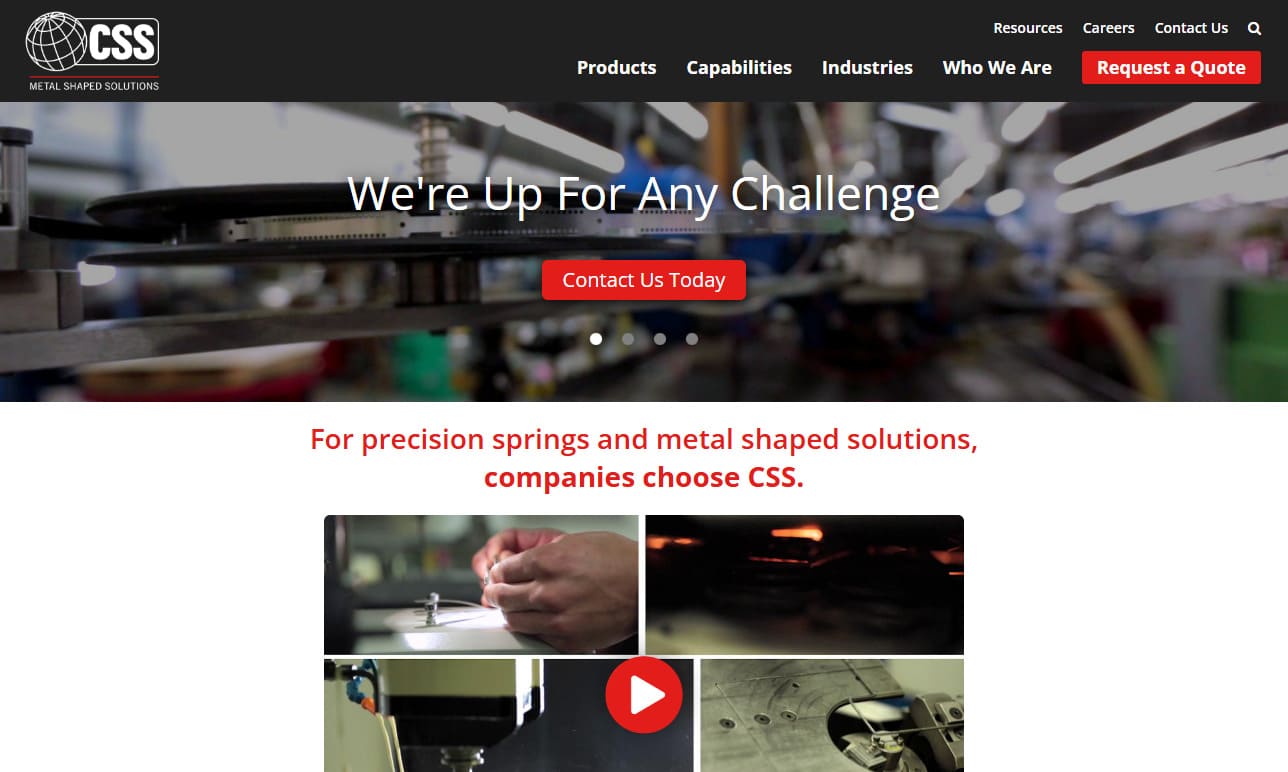

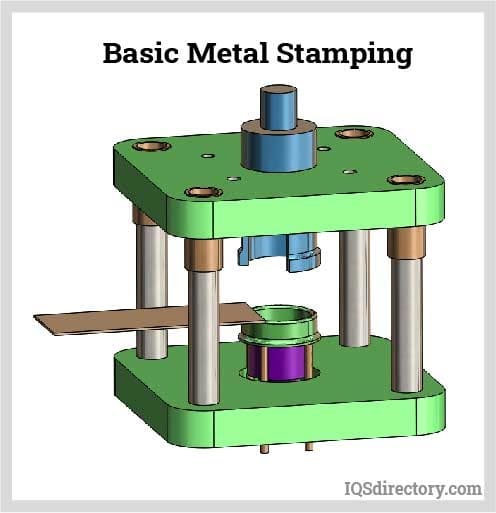
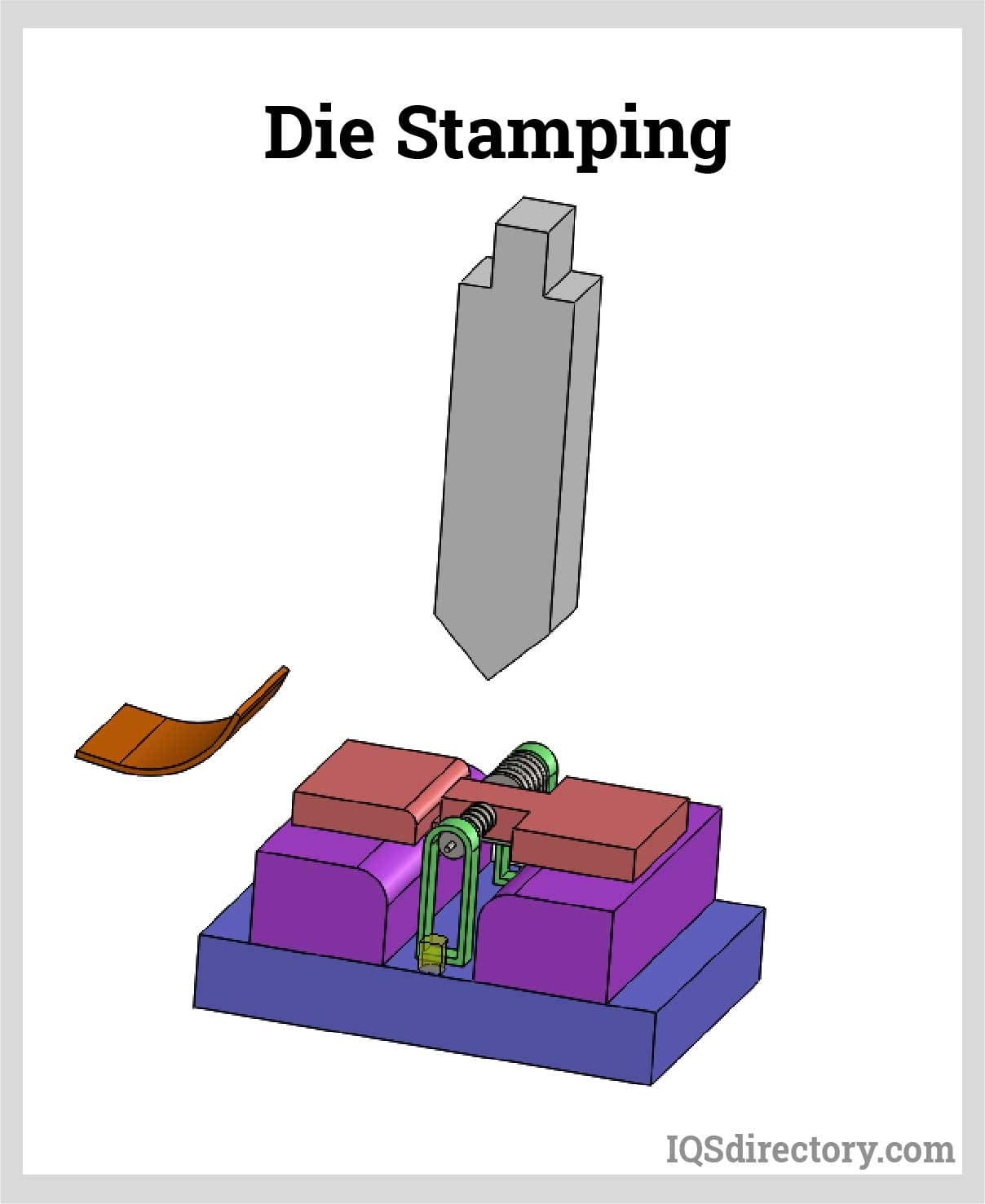
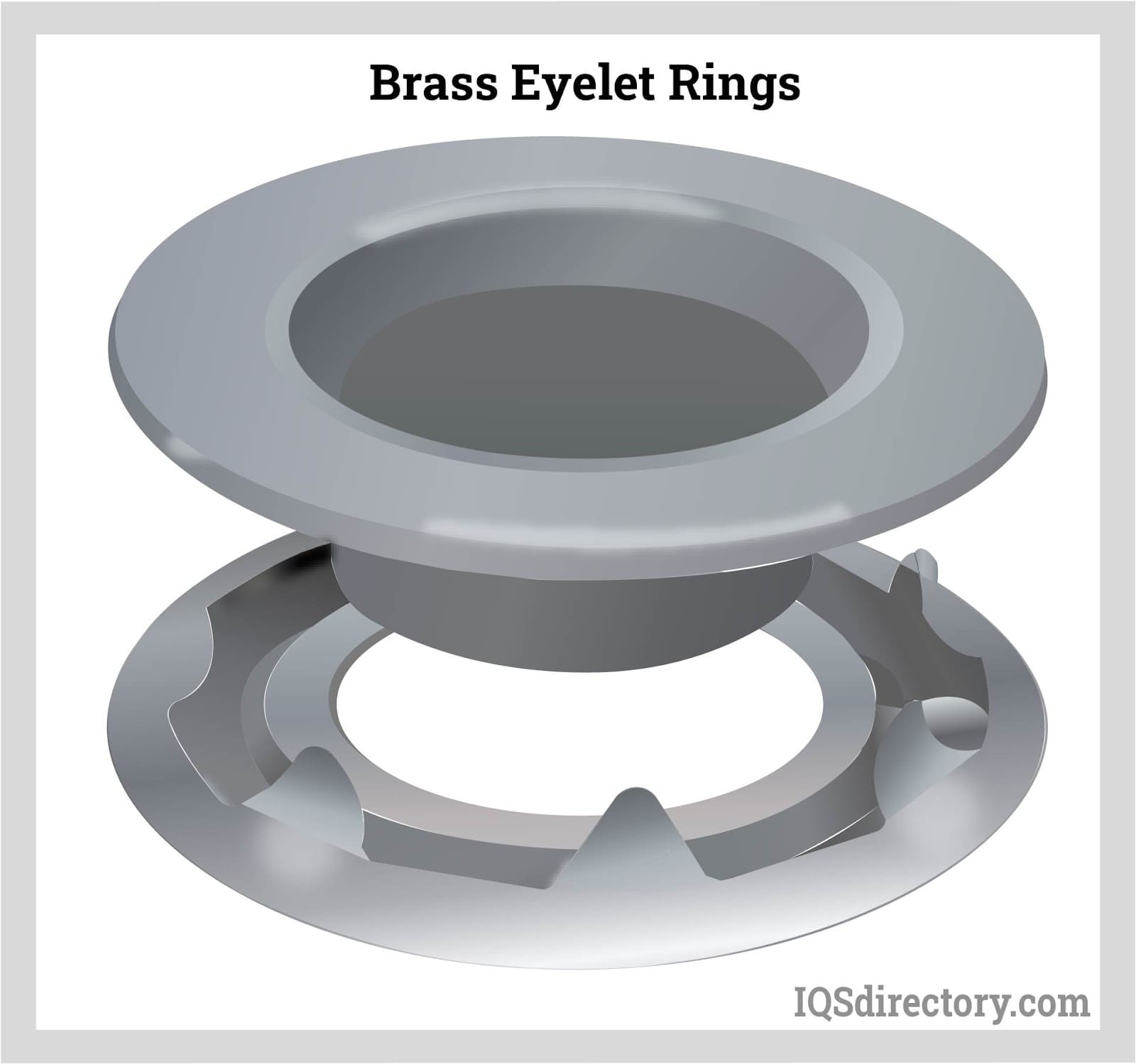
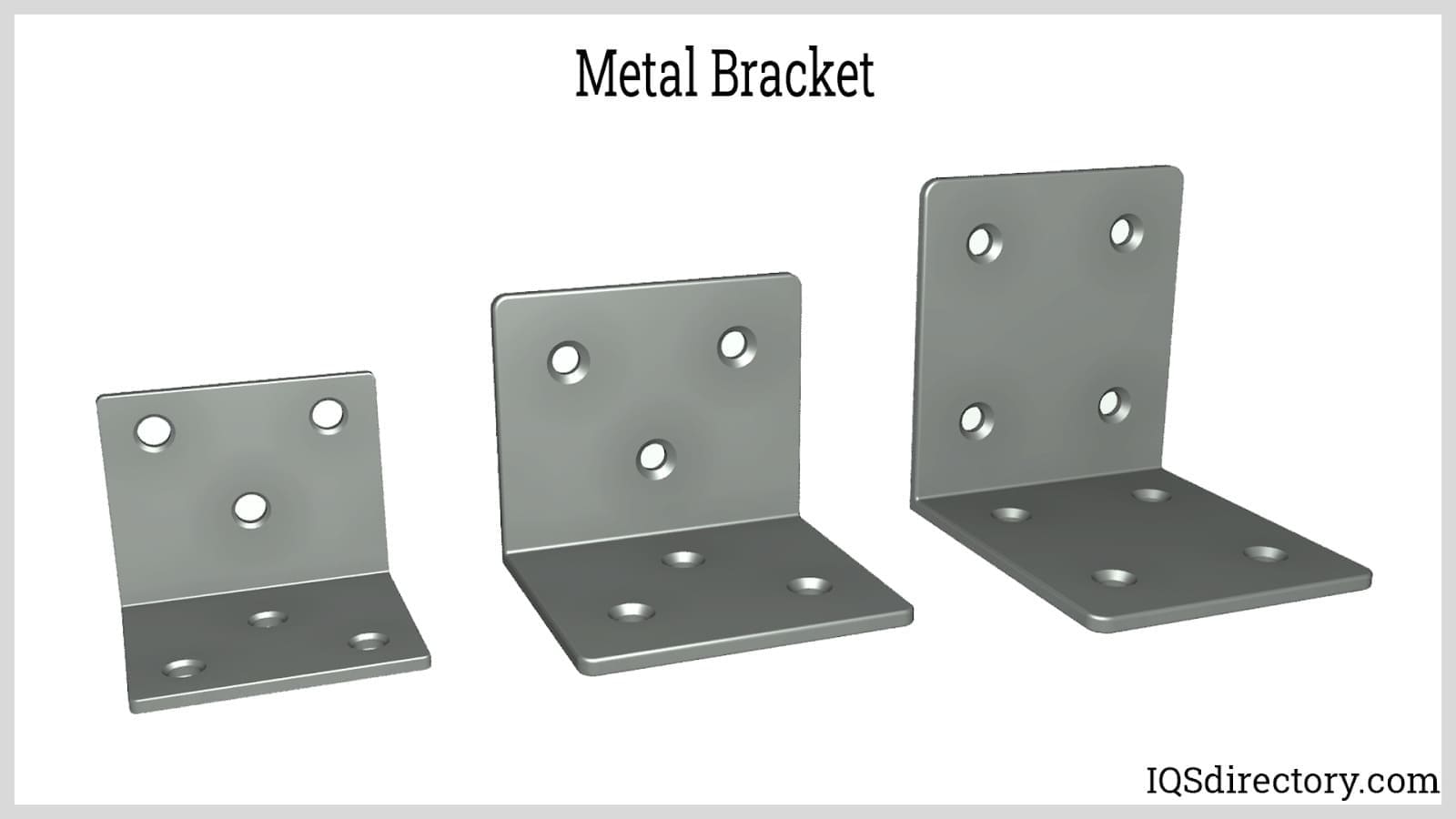
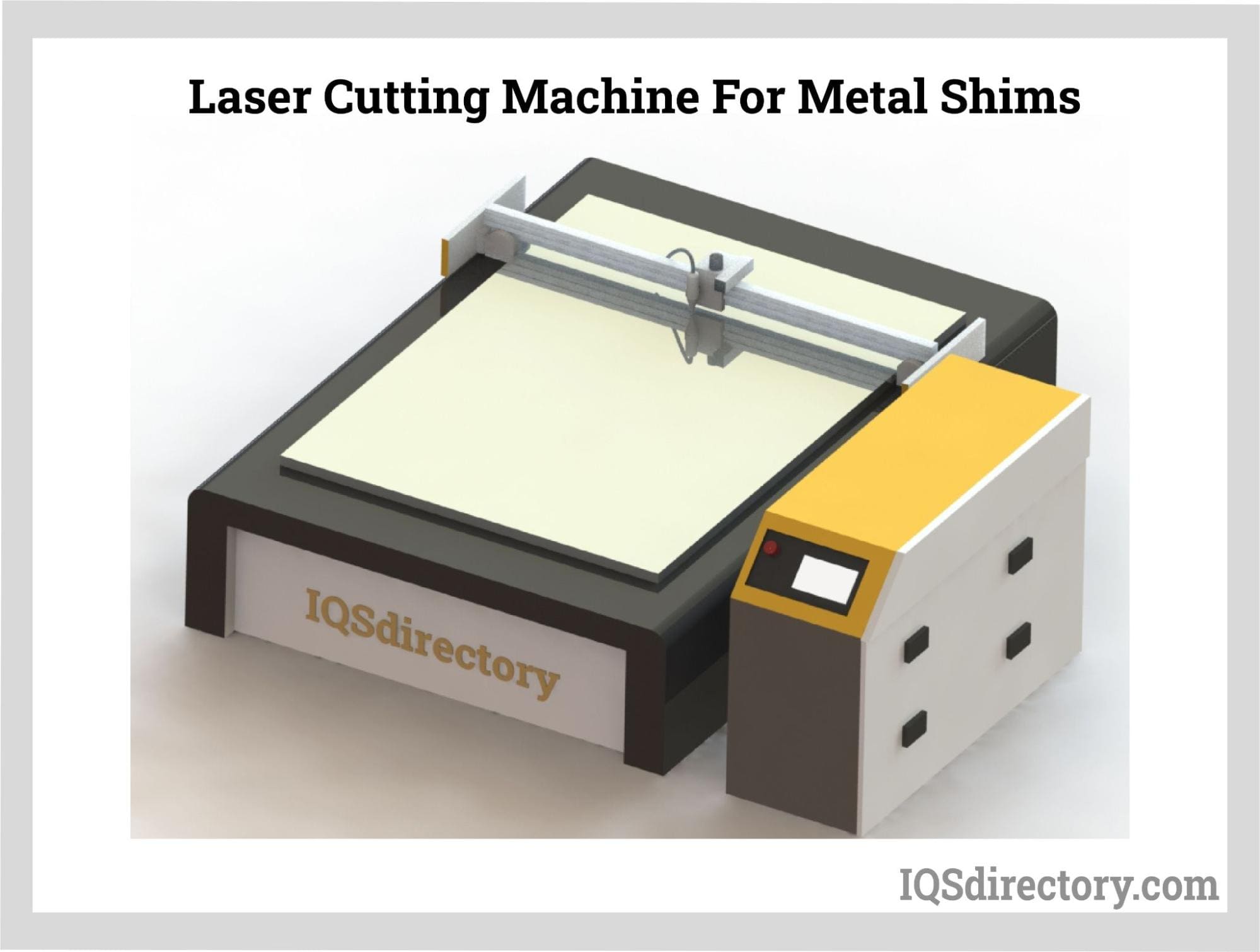
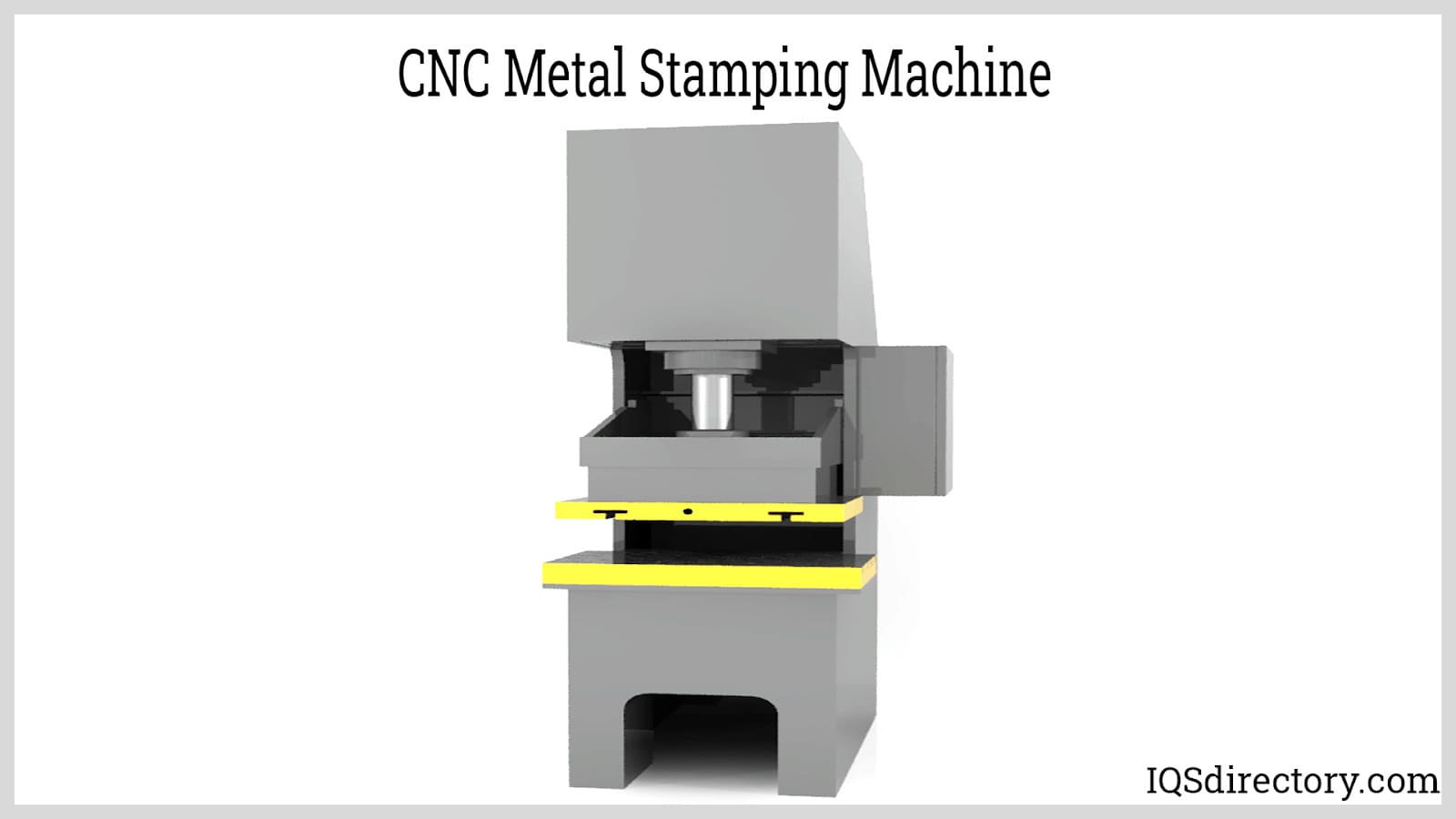
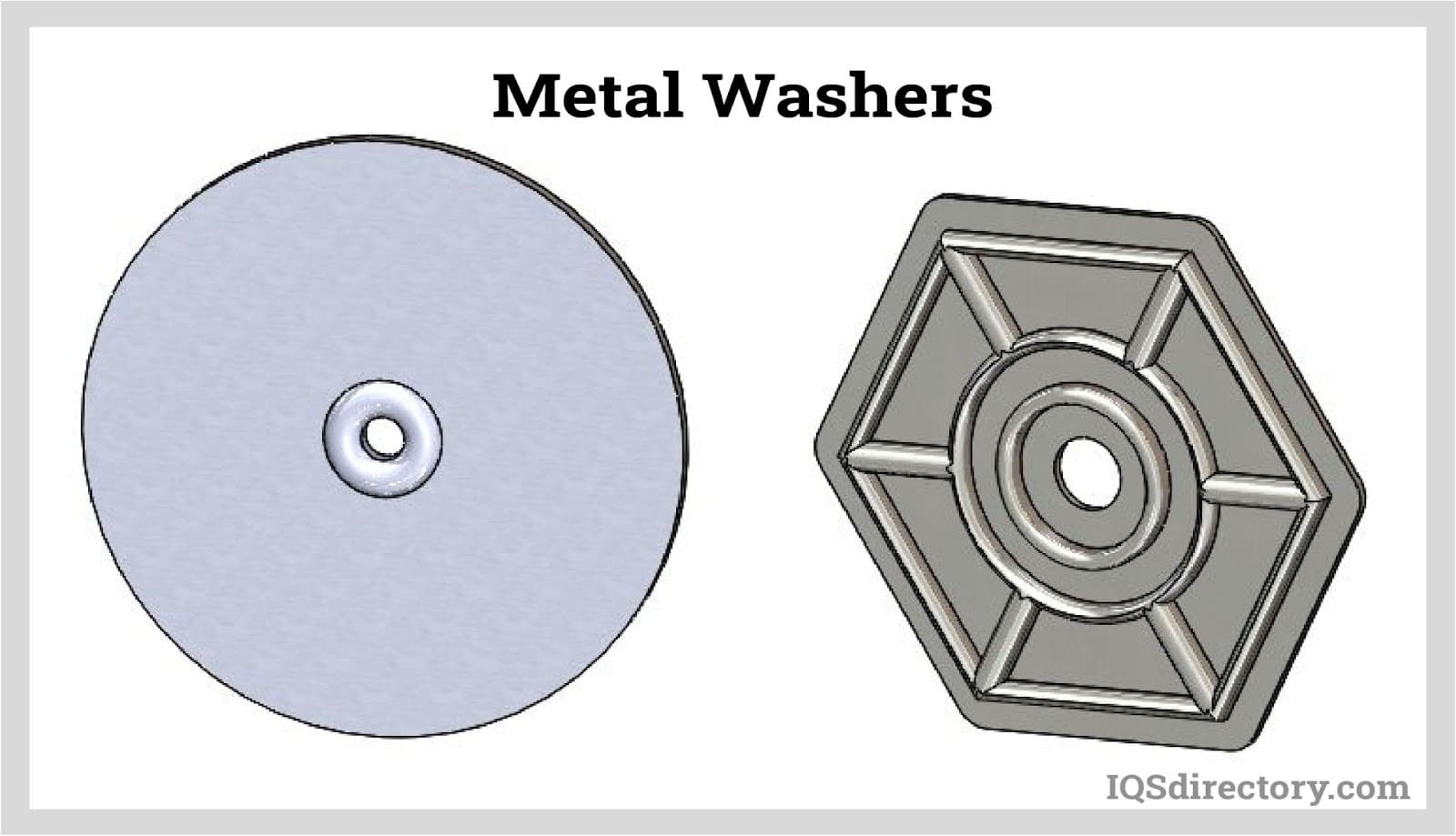
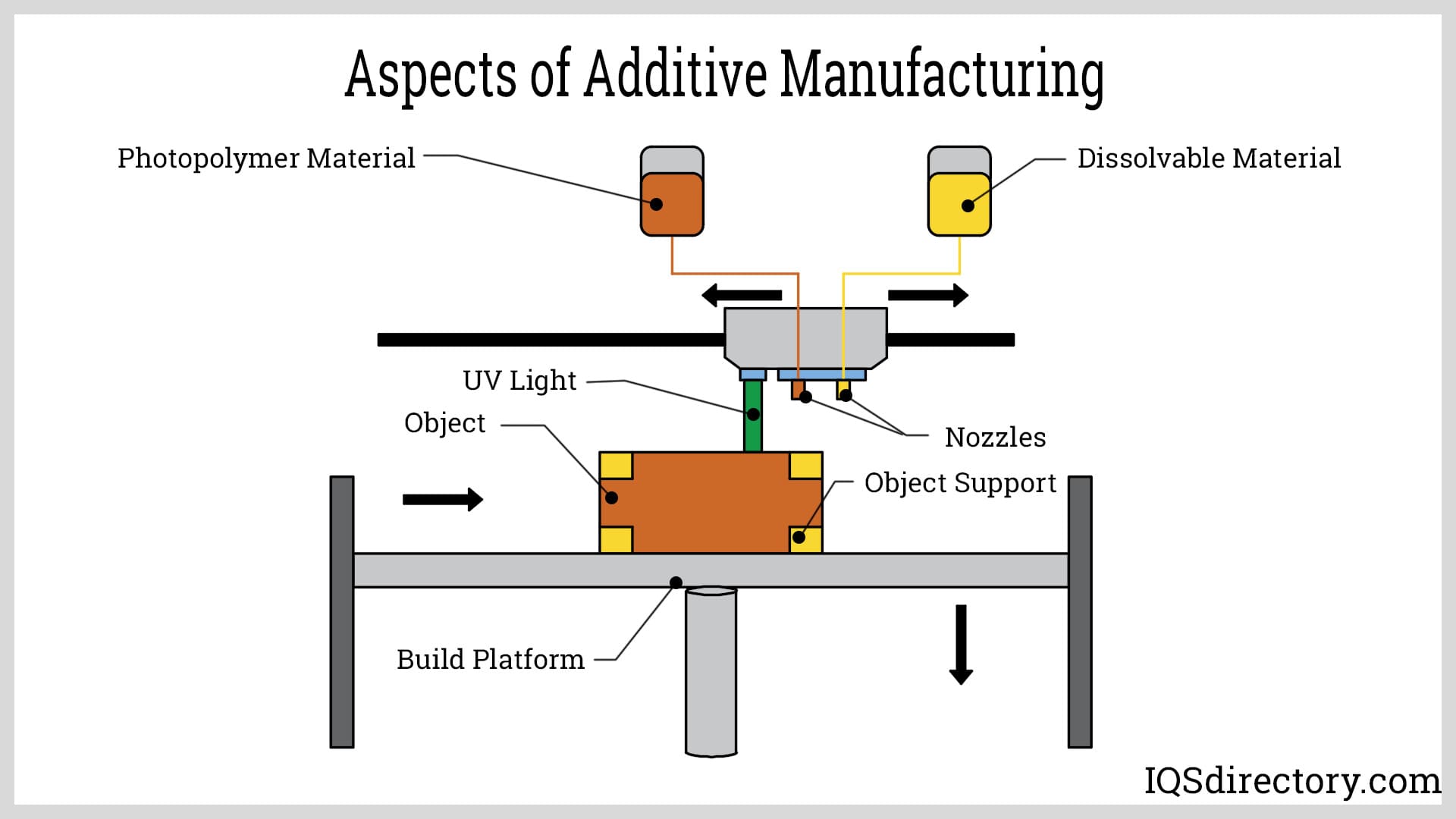
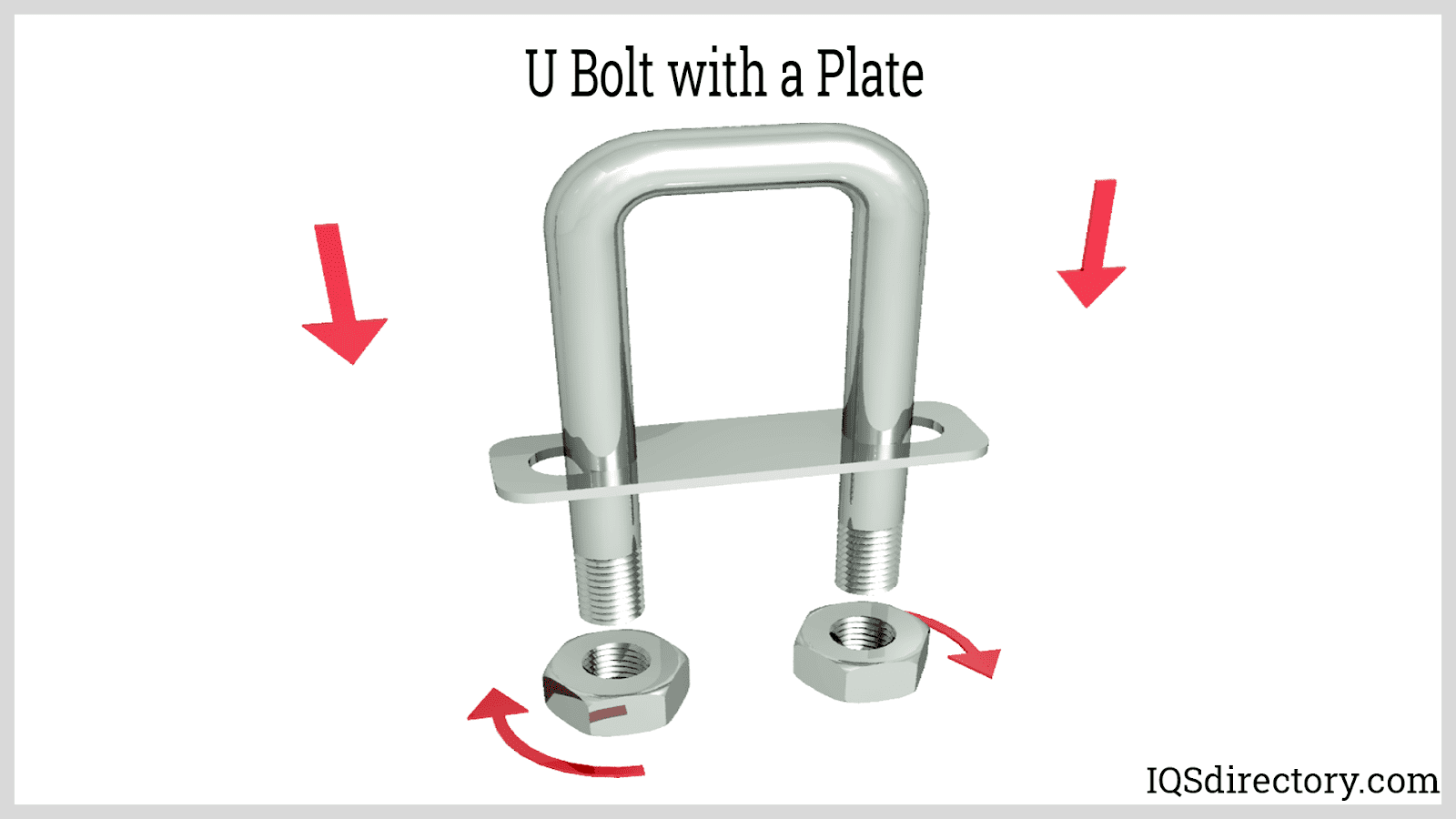
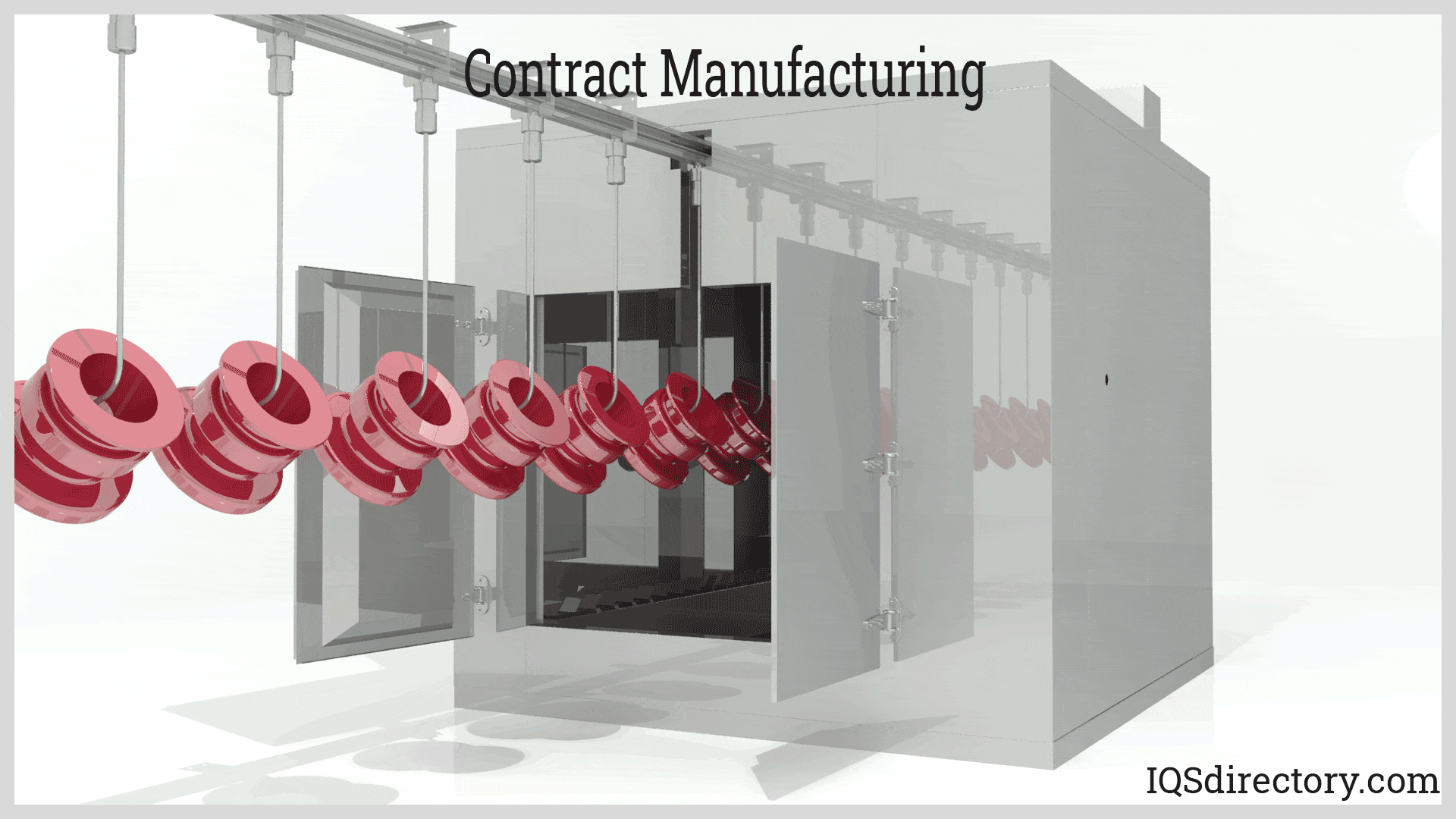
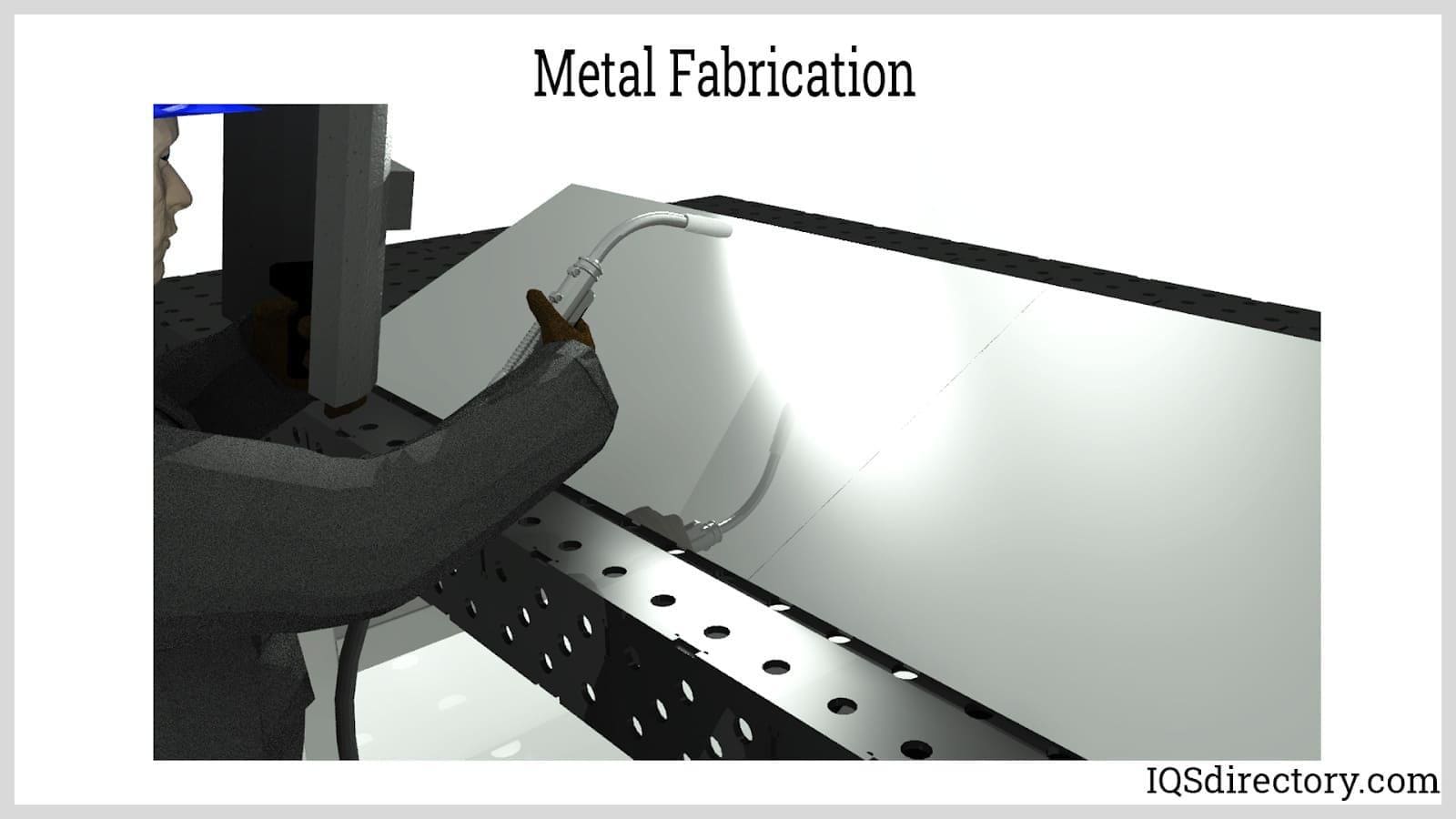
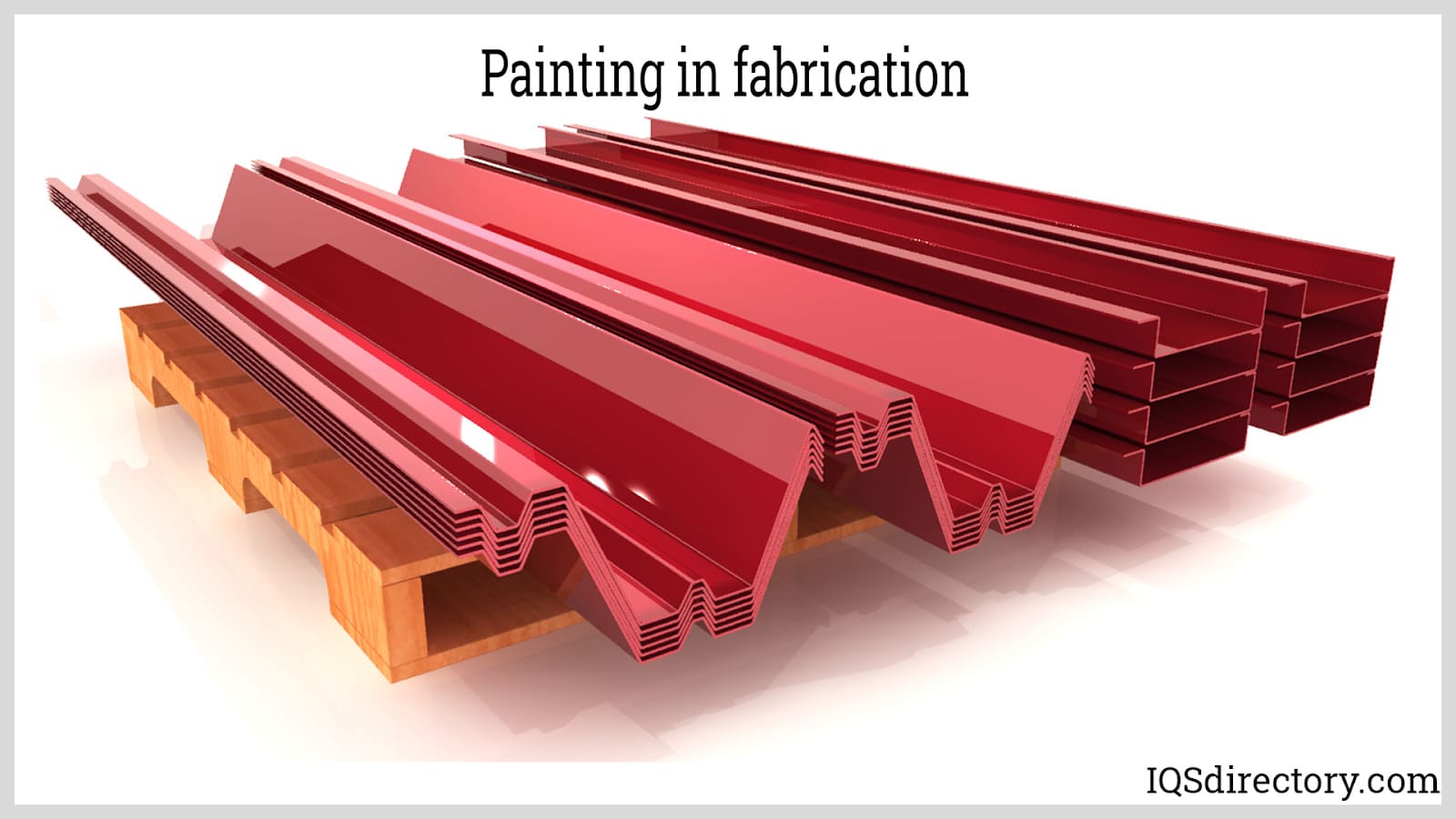
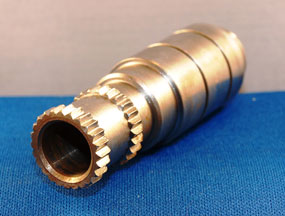 Broaching
Broaching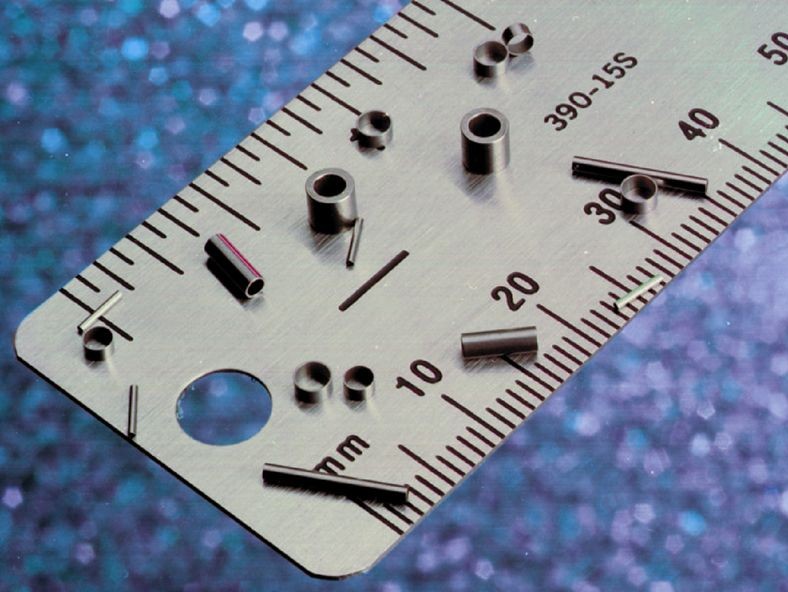 CNC Machining
CNC Machining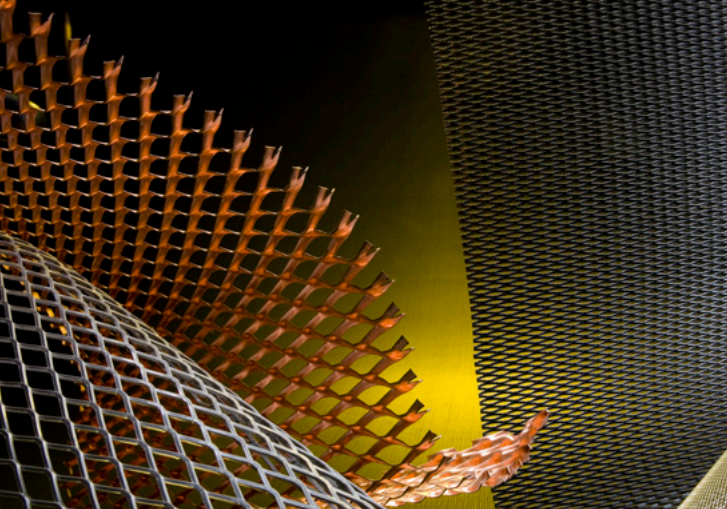 Expanded Metals
Expanded Metals Laser Cutting
Laser Cutting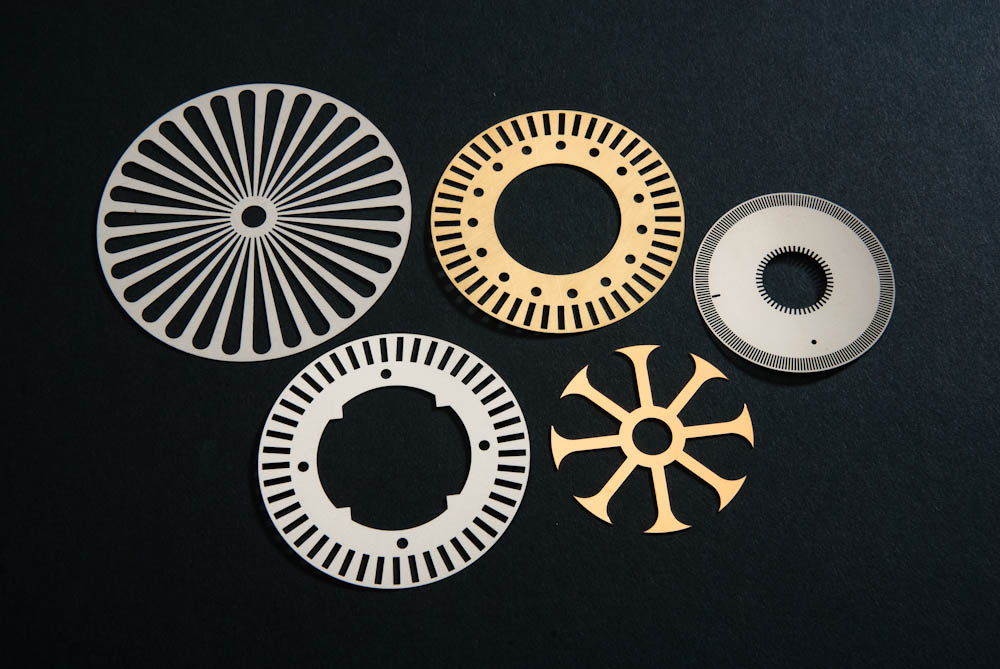 Metal Etching
Metal Etching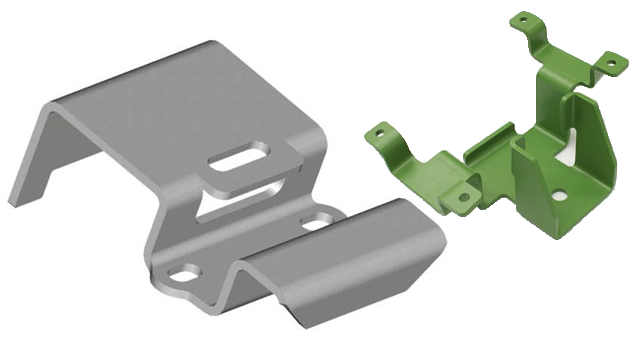 Metal Fabrication
Metal Fabrication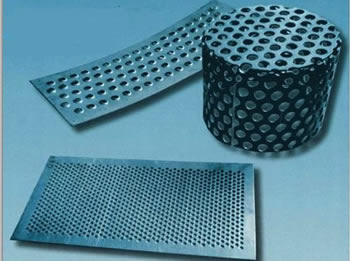 Perforated Metals
Perforated Metals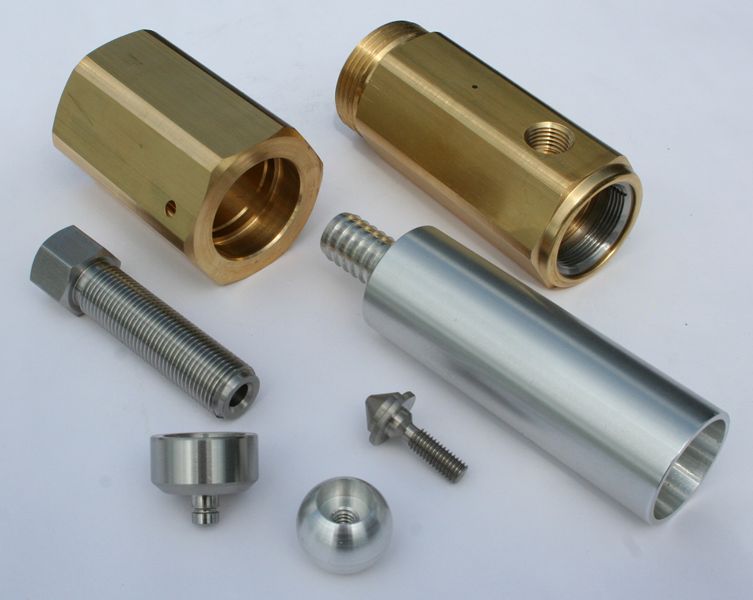 Screw Machine Products
Screw Machine Products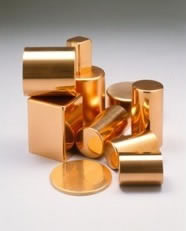 Metal Stampings
Metal Stampings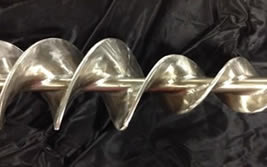 Sheet Metal Fabrication
Sheet Metal Fabrication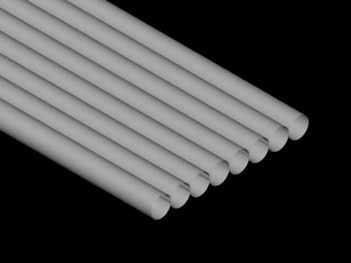 Tube Fabrication
Tube Fabrication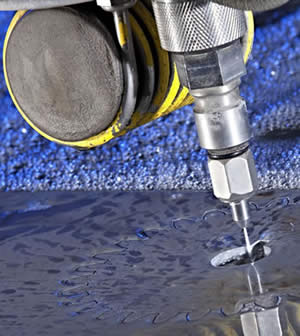 Water Jet Cutting
Water Jet Cutting Castings & Forgings
Castings & Forgings Bulk Material Handling
Bulk Material Handling Electrical & Electronic Components
Electrical & Electronic Components Flow Instrumentation
Flow Instrumentation Hardware
Hardware Material Handling Equipment
Material Handling Equipment Metal Cutting Services
Metal Cutting Services Metal Forming Services
Metal Forming Services Metal Suppliers
Metal Suppliers Motion Control Products
Motion Control Products Plant & Facility Equipment
Plant & Facility Equipment Plant & Facility Supplies
Plant & Facility Supplies Plastic Molding Processes
Plastic Molding Processes Pumps & Valves
Pumps & Valves Recycling Equipment
Recycling Equipment Rubber Products & Services
Rubber Products & Services